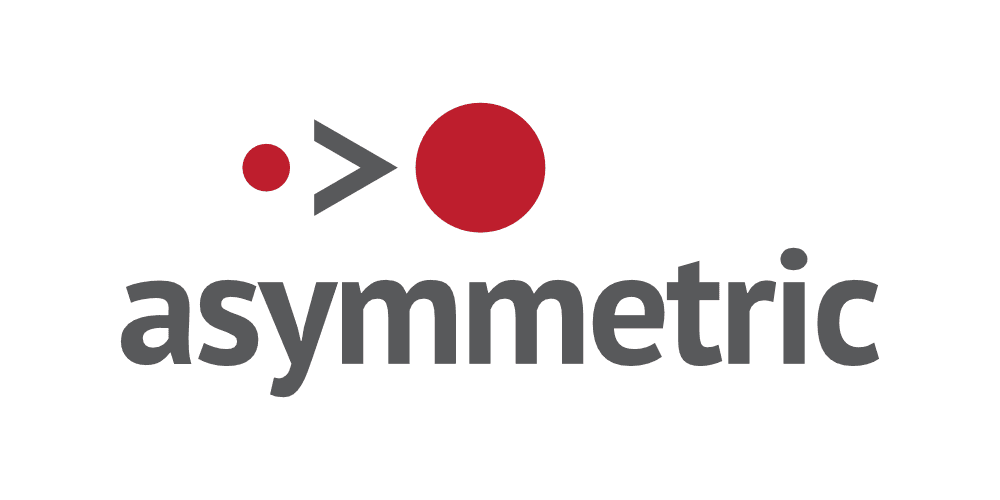As a small to medium-sized business (SMB), it can feel like the bigger competitors in your industry have all the advantages. Their larger teams and greater store of resources form a barrier to your company’s success - one that cannot be removed by playing by their playbook.
Your best strategy is not to try to apply their techniques at a smaller scale but to maximize your unique advantages as a more lightweight entity. By combining the benefits of speed and flexibility with the right information, you can achieve information advantage and level the playing field to capture a greater part of the market. Information advantage is crucial in business and military contexts, including armed conflict, where understanding the dynamics of information operations can influence outcomes without conventional combat.
Understanding Information Advantage
The concept of information advantage is pivotal in both military and business contexts. It refers to the ability to gather, analyze, and disseminate information in a way that provides a strategic edge over competitors or adversaries. For the US Army, this means integrating information operations with other military capabilities to achieve a decisive advantage on the battlefield.
Information advantage is not just about having more data; it’s about using the right data effectively. In military operations, this involves leveraging advanced technologies like artificial intelligence and machine learning to quickly process vast amounts of information. These technologies help businesses make informed decisions that can outmaneuver adversaries, such as using market insights to stay ahead of competitors.
The Small-Scale Advantage of Speed
It may seem surprising, but there are some significant advantages to being an SMB. In a large corporation, nearly everything takes more time, limiting the business’s ability to adapt promptly to unexpected events and changing industry factors, much like how military operations must quickly adjust to new intelligence.
These organizations are often slowed down by lengthy approval processes, bureaucracy, and even political and legal concerns, preventing them from acting quickly on the latest information.
By contrast, streamlined teams and communications allow your SMB to move quickly, changing tactics or processes almost immediately to address a new need or opportunity from your customer base. The advantage of a small size is that it positions your business to better use market trends and real-time information than the larger competition, even in a crowded industry. This agility is similar to the evolving strategies of the Army Cyber Center in adapting to new information quickly.
The following methods and tools describe specific ways to use data and rapid adaptation to win market share against your competitors.
Location-Based Advertising for Domestic and International Audiences
One area in which SMBs are better positioned than larger businesses to capitalize on information is location-based advertising. While big corporations struggle to target customers across multiple locations, small- and medium-sized organizations like yours can more easily focus on a local audience.
This local approach can provide your business with a much better result with a smaller advertising investment, and you can take advantage of regional events to promote your company and products or services. The benefits of location-based advertising provided by tools like Google My Business are evidenced in BIA/Kelsey's report, which indicates that location-based mobile ad spend will reach nearly $30 billion by 2020.
This local approach provides better results and ensures that your marketing efforts effectively reach domestic audiences, similar to how military strategies target specific populations.
Using an Information Advantage to Address Customer Needs in Information Warfare
A great advantage of real-time data is seeing shifts in customer desires and needs as they happen. The approval processes and politics of large businesses mentioned above affect these organizations’ ability to identify and adjust to changing or rising customer needs quickly. SMBs can draw a parallel by integrating customer data for better decision-making.

As an SMB, your flexibility allows you to rapidly determine if a new product or shift in focus is required to meet those needs and get that solution out into the market while your competition is still in the discussion stages. Agility allows you to be constantly on the move regarding knowing and meeting customer demands, much like how friendly forces use real-time information to maintain operational effectiveness.
Using Small Data to Achieve Information Advantage in Theater Information Advantage Detachments
Although “big data’ seems to be the focus when it comes to informing better business decisions, there are disadvantages to using the same large quantities of information your competitors use.
You’ll be working from the same data as the competition - and, more importantly, big data is not always accurate. As a small or medium-sized business, you can take advantage of what is sometimes called “small data” - a subset of information that comes directly from your known customers.
While smaller in scale, this information offers high-quality, accurate information that makes it possible to make even better decisions for your company. This “deeper” data also saves time, as you won’t have to sort through the useless segments of big data from third parties, similar to how cyberspace operations streamline information to enhance decision-making. Just as the military uses electromagnetic spectrum operations to improve information warfare capabilities and address operational challenges, SMBs can leverage small data to gain a strategic advantage.
Being small doesn’t have to be a disadvantage in business. In fact, with the right kind of data and agile processes to use, you can succeed where your larger competitors simply cannot and use the information to your advantage.
Frequently Asked Questions: Leveraging Information to Level the Playing Field
Why is information so critical for small and medium-sized businesses?
Information is a powerful equalizer. Small and medium-sized businesses (SMBs) can compete with larger enterprises by accessing the right information. By understanding market trends, customer behavior, and industry insights, SMBs can make informed decisions that drive growth and innovation, even with fewer resources.
How can SMBs effectively gather and utilize information?
SMBs can gather information through various channels, including customer feedback, market research, competitive analysis, and industry reports. Utilizing digital tools like analytics platforms, CRM systems, and social listening tools can help consolidate and analyze this data. Translating this information into actionable strategies that align with the business's goals is key.
What are some common challenges SMBs face when trying to access valuable information?
Some common challenges include limited resources, lack of access to proprietary data, and the overwhelming amount of data available. SMBs may also struggle with analyzing and interpreting the data they collect. Overcoming these challenges requires a strategic approach to data collection and using affordable tools and services designed for smaller businesses.
Can information truly level the playing field for SMBs in all industries?
While information can significantly level the playing field, the impact may vary by industry. Access to real-time data and market insights can offer SMBs a substantial competitive advantage in some industries. However, the playing field may still be skewed towards larger players in highly regulated or resource-intensive industries. Effective information leveraging can help SMBs carve out niche markets and compete more effectively.
How can SMBs ensure they are using information ethically and responsibly?
Ethical information use is crucial for maintaining customer trust and complying with regulations. SMBs should establish clear data privacy policies, obtain consent before collecting personal data, and ensure transparency in using information. Additionally, they should be mindful of the accuracy and integrity of the data they rely on to avoid making misleading or harmful decisions.
What are the long-term benefits of integrating information-driven strategies into an SMB's business model?
Long-term benefits include improved decision-making, greater agility in responding to market changes, enhanced customer satisfaction, and sustained competitive advantage. By continuously gathering and analyzing information, SMBs can anticipate trends, identify opportunities, and mitigate risks, positioning themselves for sustained growth and success.
Ready to Use an Information Advantage to Compete?
Hiring an agency with seasoned professionals can make all the difference in achieving your business goals. Our team brings years of expertise, ensuring your innovative marketing strategies are grounded in proven success.
Get Started with a Free Consultation!
Let’s discuss how our experience can help drive your business forward.
- Call us directly at 608-410-4450
- Submit a contact form: Contact Us
- Arrange a consultation: Schedule Now
Don’t leave your success to chance—partner with experts who know what it takes to win. Reach out today, and let’s start building a remarkable future for your business.
About the author
Mark A. Hope is the co-founder and Partner at Asymmetric Marketing, an innovative agency dedicated to creating high-performance sales and marketing systems, campaigns, processes, and strategies tailored for small businesses. With extensive experience spanning various industries, Asymmetric Marketing excels in delivering customized solutions that drive growth and success. If you’re looking to implement the strategies discussed in this article or need expert guidance on enhancing your marketing efforts, Mark is here to help. Contact him at 608-410-4450 or via email at mark.hope@asymmetric.pro.



